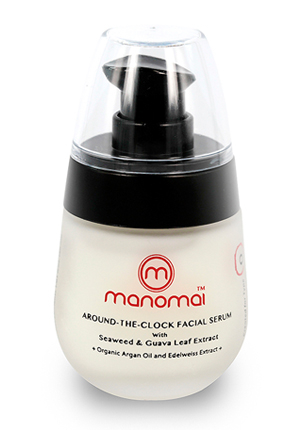The death of Cory Monteith: What does it say about Hollywood?

The unexpected accidental overdose of heroin and alcohol that found Glee star Cory Monteith dead in his Vancouver hotel room on 13th July 2013 has moved producers and cast members of the hit series to speak out against addiction.
In a rewrite of series five, Fox has confirmed that the third episode, which will be a tribute to Monteith, will “deal directly” with the circumstances surrounding his death. The cast will also participate in public service announcements that warn of the dangers of substance abuse, all of which will be aired during commercial slots throughout the episode.
While these forthcoming attempts to raise awareness about drug and alcohol dependency are a functional way of dealing with Monteith’s untimely death both on and off screen, and also perhaps preventing another from suffering a similar fate, their efforts are arguably a waste. The 31-year-old actor is already dead and silence on the subject may as well have been his last drink.
As is often the case, family, friends and colleagues choose to take a stand once the damage is already done. The time to have spoken up was as it was happening.
On 31st March 2013 Monteith’s publicist confirmed that the actor voluntarily checked himself into rehab and subsequently his character would be written out of the last two episodes of season four. With no hint or mention of the real obstacles Monteith was facing, the last we saw of his character was Finn’s return to McKinley High to continue assisting with the glee club while earning college credit. And then nothing.
During this filming, Monteith checked into Crossroads Centre in Antigua for the 29-day residential program and on 26th April 2013 after checking out of the treatment facility, he tweeted: “sending out big love to everyone. thank you for the continued support! it means the world to me :)”
In the months to come, media coverage and speculation of Monteith’s health would subside as he attended events and was spotted vacationing on various occasions with girlfriend and co-star, Lea Michele. With no one addressing the issues surrounding his rehab stint and his plans for an ongoing recovery, the incident was forgotten, until he was found dead. Unfortunately, Monteith’s case is not the first seen in Hollywood and it won’t be the last.
Iconic singer, actress and producer Whitney Houston had her drug habit well documented throughout her career. Despite addressing her habits in a candid interview with Diane Sawyer, many treated Houston’s frank confessions as though it is all in the past, after her “recovery.”
Yet in February 2012, at 48 years old, the entertainer’s body was found in her Los Angeles hotel room, her death ruled an accidental drowning with traces of cocaine, marijuana and prescription drugs in her system. Atherosclerotic heart disease and chronic cocaine use were cited as contributing factors in her passing, the autopsy report confirmed.
Late singer-songwriter, Amy Winehouse’s many drug indiscretions were widely reported but little was done publicly when she was alive to draw attention to her battle with addiction. Although her father Mitch Winehouse was quite vocal about her situation, her defiant attitude towards seeking help was embraced. In fact, Winehouse’s hit single Rehab from the album Back to Black that sensationalises her refusal to get clinical treatment went on to win three Grammy Awards including Song of the Year, Record of the Year and Album of the year in 2008. Only after her death in July 2011, by accidental alcohol poisoning at the age of 27, were her lyrics viewed as a possible cry for help.
The numbers of actors and musicians who have succumbed to their addictions and lost their lives as a result is shocking, and while their habits are well-known, the ongoing trend of only addressing their issues when in recovery has proven ineffective.
Cory Monteith was quite honest about his past and in an interview with Parade in 2011, he opened up about his troubled youth and what led him to rehab for the first time at 19. But in the months leading up to his death, there was very little communication about his struggles.
It’s surprising that for a show that tries so hard to be on the cutting edge of controversy, mildly tackling issues of sexuality, molestation and gun violence, the opportunity to actually explore a sensitive subject that affects one of their own was so blatantly overlooked. These attempts to address substance abuse now are useless only because they should have been directed at Monteith.
Our celebrity-obsessed culture idolises entertainers, but fans are complacent when they read in the news that another beloved celeb is on a “bender.” A Hollywood industry that is more vigilant about this kind of behaviour, along with less hero-worship from the public, could allow these individuals to be vocal about the help they need instead of having their death be a learning experience.
Natasha Fonseka























Facebook
Twitter
Instagram
YouTube
RSS